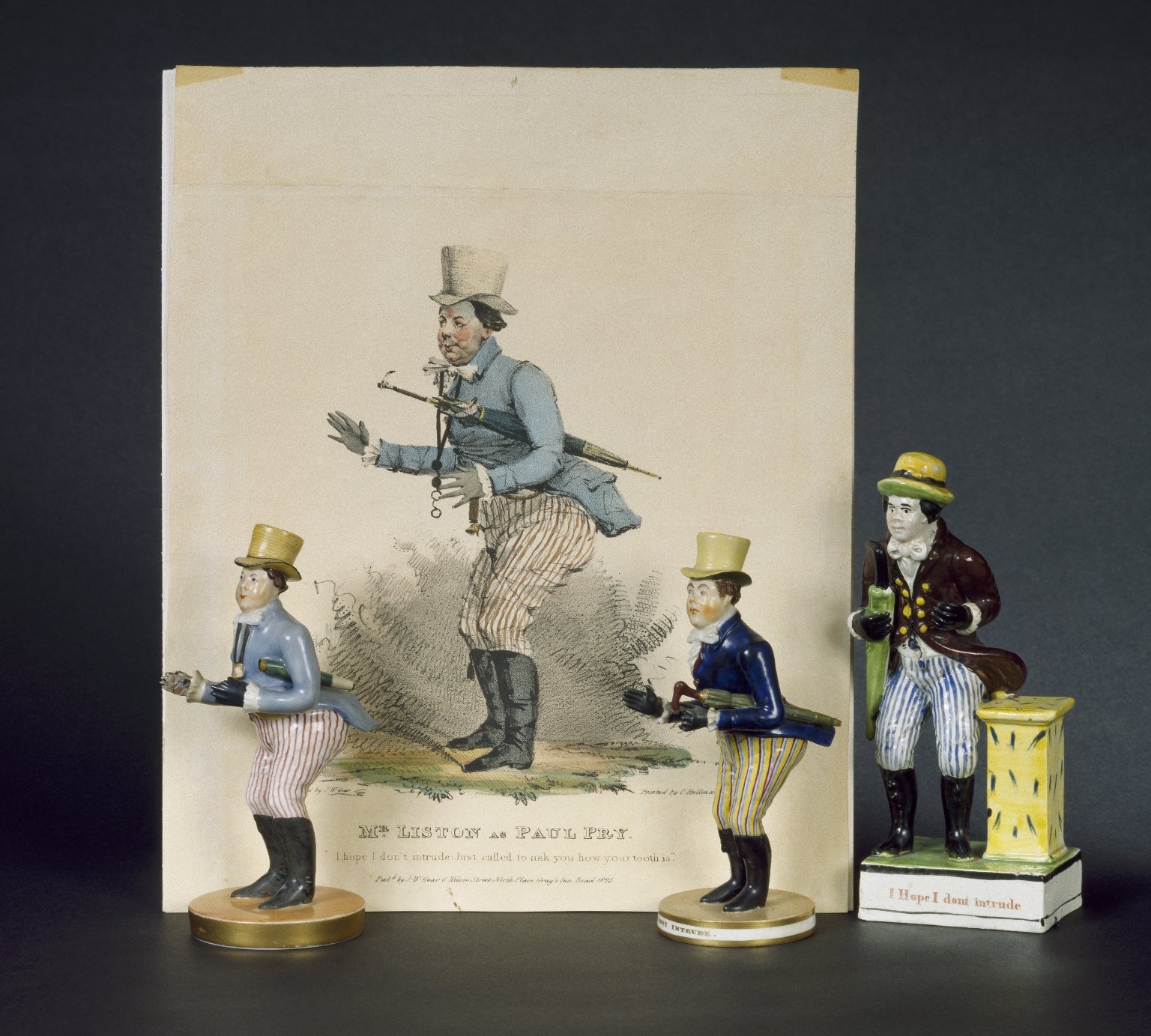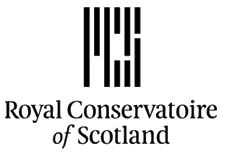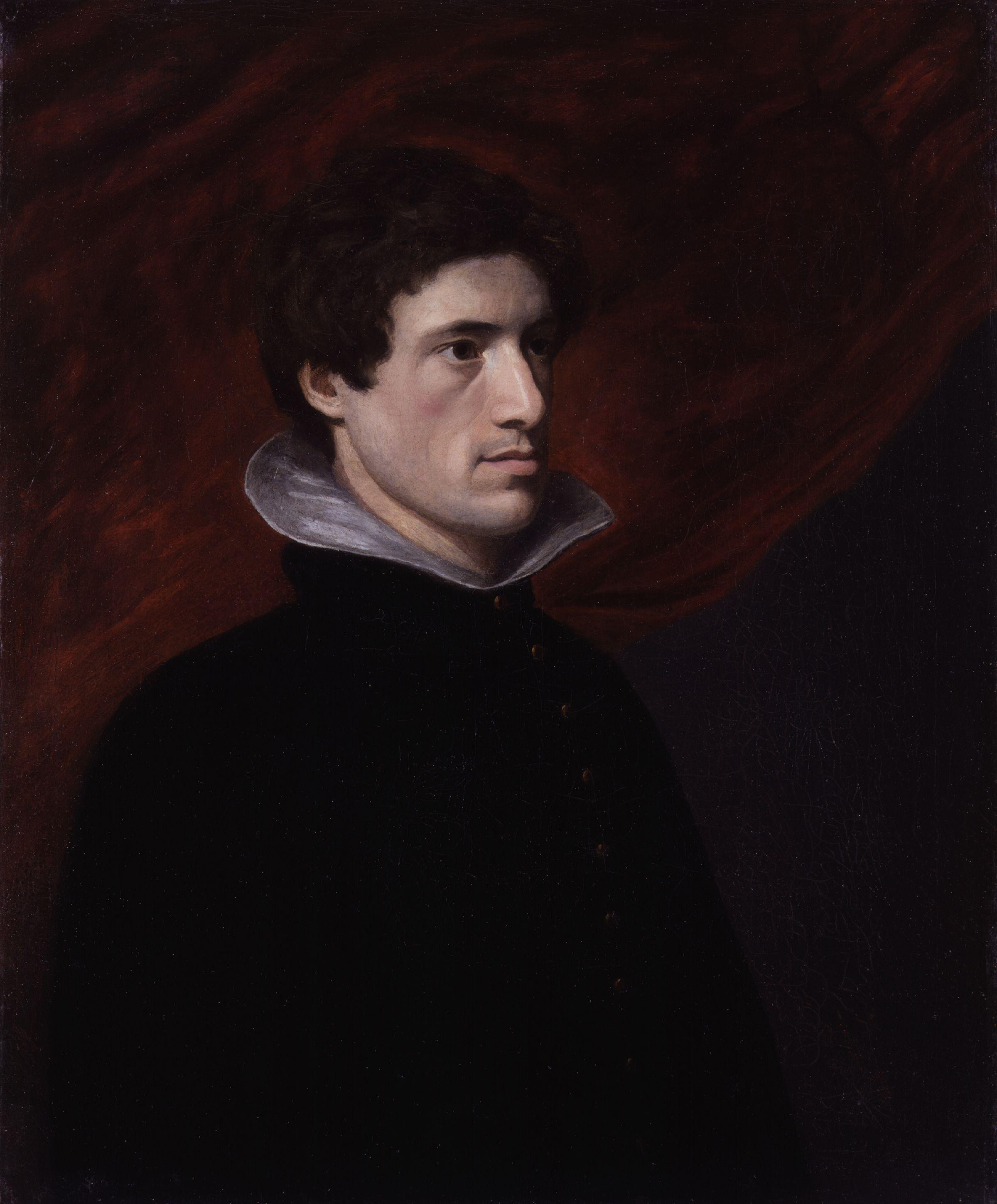|
John Liston
John Liston (c. 1776 – 22 March 1846), English comedian, was born in London. He made his public debut on the stage at Weymouth as Lord Duberley in ''The Heir at Law''. After several dismal failures in tragic parts, some of them in support of Mrs Siddons, he discovered accidentally that his forte was comedy, especially in the personation of old men and country boys, in which he displayed a fund of drollery and broad humour. An introduction to Charles Kemble led to his appearance at the Haymarket on 10 June 1805 as Sheepface in the ''Village Lawyer'', and his association with this theatre continued with few interruptions until 1830. '' Paul Pry'', the most famous of all his impersonations, was first presented on 13 September 1825 and soon became, thanks to his creative genius, a real personage. Liston remained on the stage until 1837; during his last years his mind failed, and he died on 22 March 1846. He had married in 1807 Miss Tyrer (d. 1854), a singer and actress. I ... [...More Info...] [...Related Items...] OR: [Wikipedia] [Google] [Baidu] |
John Liston As Pompey In Measure For Measure By William Shakespeare (cropped)
John is a common English name and surname: * John (given name) * John (surname) John may also refer to: New Testament Works * Gospel of John, a title often shortened to John * First Epistle of John, often shortened to 1 John * Second Epistle of John, often shortened to 2 John * Third Epistle of John, often shortened to 3 John People * John the Baptist (died c. AD 30), regarded as a prophet and the forerunner of Jesus Christ * John the Apostle (lived c. AD 30), one of the twelve apostles of Jesus * John the Evangelist, assigned author of the Fourth Gospel, once identified with the Apostle * John of Patmos, also known as John the Divine or John the Revelator, the author of the Book of Revelation, once identified with the Apostle * John the Presbyter, a figure either identified with or distinguished from the Apostle, the Evangelist and John of Patmos Other people with the given name Religious figures * John, father of Andrew the Apostle and Saint Peter * Pope John ... [...More Info...] [...Related Items...] OR: [Wikipedia] [Google] [Baidu] |
Garrick Club
The Garrick Club is a gentlemen's club in the heart of London founded in 1831. It is one of the oldest members' clubs in the world and, since its inception, has catered to members such as Charles Kean, Henry Irving, Herbert Beerbohm Tree, Arthur Sullivan, Laurence Olivier, Raymond Raikes, Stephen Fry and John Gielgud. From the literary world came writers such as Charles Dickens, H. G. Wells, J. M. Barrie, A. A. Milne, and Kingsley Amis. The visual arts have been represented by painters such as John Everett Millais, Lord Leighton and Dante Gabriel Rossetti. In 1956 the rights to A. A. Milne's Pooh books were left to four beneficiaries: his family, the Royal Literary Fund, Westminster School and the Garrick Club. , the club has around 1,400 members (with a seven-year waiting list) including many actors and men of letters in the United Kingdom. New candidates must be proposed by an existing member before election in a secret ballot, the original assurance of the committee be ... [...More Info...] [...Related Items...] OR: [Wikipedia] [Google] [Baidu] |
Burials At Kensal Green Cemetery
Burial, also known as interment or inhumation, is a method of final disposition whereby a dead body is placed into the ground, sometimes with objects. This is usually accomplished by excavating a pit or trench, placing the deceased and objects in it, and covering it over. A funeral is a ceremony that accompanies the final disposition. Humans have been burying their dead since shortly after the origin of the species. Burial is often seen as indicating respect for the dead. It has been used to prevent the odor of decay, to give family members closure and prevent them from witnessing the decomposition of their loved ones, and in many cultures it has been seen as a necessary step for the deceased to enter the afterlife or to give back to the cycle of life. Methods of burial may be heavily ritualized and can include natural burial (sometimes called "green burial"); embalming or mummification; and the use of containers for the dead, such as shrouds, coffins, grave liners, and bu ... [...More Info...] [...Related Items...] OR: [Wikipedia] [Google] [Baidu] |
English Male Comedians
English usually refers to: * English language * English people English may also refer to: Peoples, culture, and language * ''English'', an adjective for something of, from, or related to England ** English national identity, an identity and common culture ** English language in England, a variant of the English language spoken in England * English languages (other) * English studies, the study of English language and literature * ''English'', an Amish term for non-Amish, regardless of ethnicity Individuals * English (surname), a list of notable people with the surname ''English'' * People with the given name ** English McConnell (1882–1928), Irish footballer ** English Fisher (1928–2011), American boxing coach ** English Gardner (b. 1992), American track and field sprinter Places United States * English, Indiana, a town * English, Kentucky, an unincorporated community * English, Brazoria County, Texas, an unincorporated community * Engli ... [...More Info...] [...Related Items...] OR: [Wikipedia] [Google] [Baidu] |
Male Actors From London
Male (symbol: ♂) is the sex of an organism that produces the gamete (sex cell) known as sperm, which fuses with the larger female gamete, or ovum, in the process of fertilization. A male organism cannot reproduce sexually without access to at least one ovum from a female, but some organisms can reproduce both sexually and asexually. Most male mammals, including male humans, have a Y chromosome, which codes for the production of larger amounts of testosterone to develop male reproductive organs. Not all species share a common sex-determination system. In most animals, including humans, sex is determined genetically; however, species such as ''Cymothoa exigua'' change sex depending on the number of females present in the vicinity. In humans, the word ''male'' can also be used to refer to gender in the social sense of gender role or gender identity. Overview The existence of separate sexes has evolved independently at different times and in different lineages, an example o ... [...More Info...] [...Related Items...] OR: [Wikipedia] [Google] [Baidu] |
19th-century English Male Actors
The 19th (nineteenth) century began on 1 January 1801 ( MDCCCI), and ended on 31 December 1900 ( MCM). The 19th century was the ninth century of the 2nd millennium. The 19th century was characterized by vast social upheaval. Slavery was abolished in much of Europe and the Americas. The First Industrial Revolution, though it began in the late 18th century, expanding beyond its British homeland for the first time during this century, particularly remaking the economies and societies of the Low Countries, the Rhineland, Northern Italy, and the Northeastern United States. A few decades later, the Second Industrial Revolution led to ever more massive urbanization and much higher levels of productivity, profit, and prosperity, a pattern that continued into the 20th century. The Islamic gunpowder empires fell into decline and European imperialism brought much of South Asia, Southeast Asia, and almost all of Africa under colonial rule. It was also marked by the collapse of the large ... [...More Info...] [...Related Items...] OR: [Wikipedia] [Google] [Baidu] |
18th-century English Male Actors
The 18th century lasted from January 1, 1701 ( MDCCI) to December 31, 1800 ( MDCCC). During the 18th century, elements of Enlightenment thinking culminated in the American, French, and Haitian Revolutions. During the century, slave trading and human trafficking expanded across the shores of the Atlantic, while declining in Russia, China, and Korea. Revolutions began to challenge the legitimacy of monarchical and aristocratic power structures, including the structures and beliefs that supported slavery. The Industrial Revolution began during mid-century, leading to radical changes in human society and the environment. Western historians have occasionally defined the 18th century otherwise for the purposes of their work. For example, the "short" 18th century may be defined as 1715–1789, denoting the period of time between the death of Louis XIV of France and the start of the French Revolution, with an emphasis on directly interconnected events. To historians who expand the ... [...More Info...] [...Related Items...] OR: [Wikipedia] [Google] [Baidu] |
1846 Deaths
Events January–March * January 5 – The United States House of Representatives votes to stop sharing the Oregon Country with the United Kingdom. * January 13 – The Milan–Venice railway's bridge, over the Venetian Lagoon between Mestre and Venice in Italy, opens, the world's longest since 1151. * February 4 – Many Mormons begin their migration west from Nauvoo, Illinois, to the Great Salt Lake, led by Brigham Young. * February 10 – First Anglo-Sikh War: Battle of Sobraon – British forces defeat the Sikhs. * February 18 – The Galician slaughter, a peasant revolt, begins. * February 19 – United States president James K. Polk's annexation of the Republic of Texas is finalized by Texas president Anson Jones in a formal ceremony of transfer of sovereignty. The newly formed Texas state government is officially installed in Austin. * February 20– 29 – Kraków uprising: Galician slaughter – Polish nationalists stage an uprising in the Free City of Krakó ... [...More Info...] [...Related Items...] OR: [Wikipedia] [Google] [Baidu] |
1776 Births
Events January–February * January 1 – American Revolutionary War – Burning of Norfolk: The town of Norfolk, Virginia is destroyed, by the combined actions of the British Royal Navy and occupying Patriot forces. * January 10 – American Revolution – Thomas Paine publishes his pamphlet ''Common Sense'', arguing for independence from British rule in the Thirteen Colonies. * January 20 – American Revolution – South Carolina Loyalists led by Robert Cunningham sign a petition from prison, agreeing to all demands for peace by the formed state government of South Carolina. * January 24 – American Revolution – Henry Knox arrives at Cambridge, Massachusetts, with the artillery that he has transported from Fort Ticonderoga. * February 17 – Edward Gibbon publishes the first volume of ''The History of the Decline and Fall of the Roman Empire''. * February 27 – American Revolution – Battle of Moore's Creek Bridge: ... [...More Info...] [...Related Items...] OR: [Wikipedia] [Google] [Baidu] |
Royal Conservatoire Of Scotland
The Royal Conservatoire of Scotland ( gd, Conservatoire Rìoghail na h-Alba), formerly the Royal Scottish Academy of Music and Drama ( gd, Acadamaidh Rìoghail Ciùil is Dràma na h-Alba) is a conservatoire of dance, drama, music, production, and film in Glasgow, Scotland. It is a member of the Federation of Drama Schools. Founded in 1847, it has become the busiest performing arts venue in Scotland with over 500 public performances each year. The current principal is American pianist and composer Jeffrey Sharkey. The patron is King Charles III. History The Royal Conservatoire has occupied its current purpose-built building on Renfrew Street in Glasgow since 1988. Its roots lie in several organisations. Officially founded in 1847 by Moses Provan as part of the Glasgow Athenaeum, from an earlier Educational Association grouping, music and arts were provided alongside courses in commercial skills, literature, languages, sciences and mathematics. Courses were open and affordable, in ... [...More Info...] [...Related Items...] OR: [Wikipedia] [Google] [Baidu] |
South Kensington Museum
South is one of the cardinal directions or compass points. The direction is the opposite of north and is perpendicular to both east and west. Etymology The word ''south'' comes from Old English ''sūþ'', from earlier Proto-Germanic ''*sunþaz'' ("south"), possibly related to the same Proto-Indo-European root that the word ''sun'' derived from. Some languages describe south in the same way, from the fact that it is the direction of the sun at noon (in the Northern Hemisphere), like Latin meridies 'noon, south' (from medius 'middle' + dies 'day', cf English meridional), while others describe south as the right-hand side of the rising sun, like Biblical Hebrew תֵּימָן teiman 'south' from יָמִין yamin 'right', Aramaic תַּימנַא taymna from יָמִין yamin 'right' and Syriac ܬܰܝܡܢܳܐ taymna from ܝܰܡܝܺܢܳܐ yamina (hence the name of Yemen, the land to the south/right of the Levant). Navigation By convention, the ''bottom or down-facing side'' of a ... [...More Info...] [...Related Items...] OR: [Wikipedia] [Google] [Baidu] |
Charles Lamb
Charles Lamb (10 February 1775 – 27 December 1834) was an English essayist, poet, and antiquarian, best known for his ''Essays of Elia'' and for the children's book ''Tales from Shakespeare'', co-authored with his sister, Mary Lamb (1764–1847). Friends with such literary luminaries as Samuel Taylor Coleridge, Robert Southey, William Wordsworth, and William Hazlitt, Lamb was at the centre of a major literary circle in England. He has been referred to by E. V. Lucas, his principal biographer, as "the most lovable figure in English literature". Youth and schooling Lamb was born in London, the son of John Lamb (–1799) and Elizabeth (died 1796), née Field. Lamb had an elder brother and sister; four other siblings did not survive infancy. John Lamb was a lawyer's clerk and spent most of his professional life as the assistant to a barrister named Samuel Salt, who lived in the Inner Temple in the legal district of London; it was there, in Crown Office Row, that Charles Lamb ... [...More Info...] [...Related Items...] OR: [Wikipedia] [Google] [Baidu] |





%2C_by_John_Trumbull.jpg)

